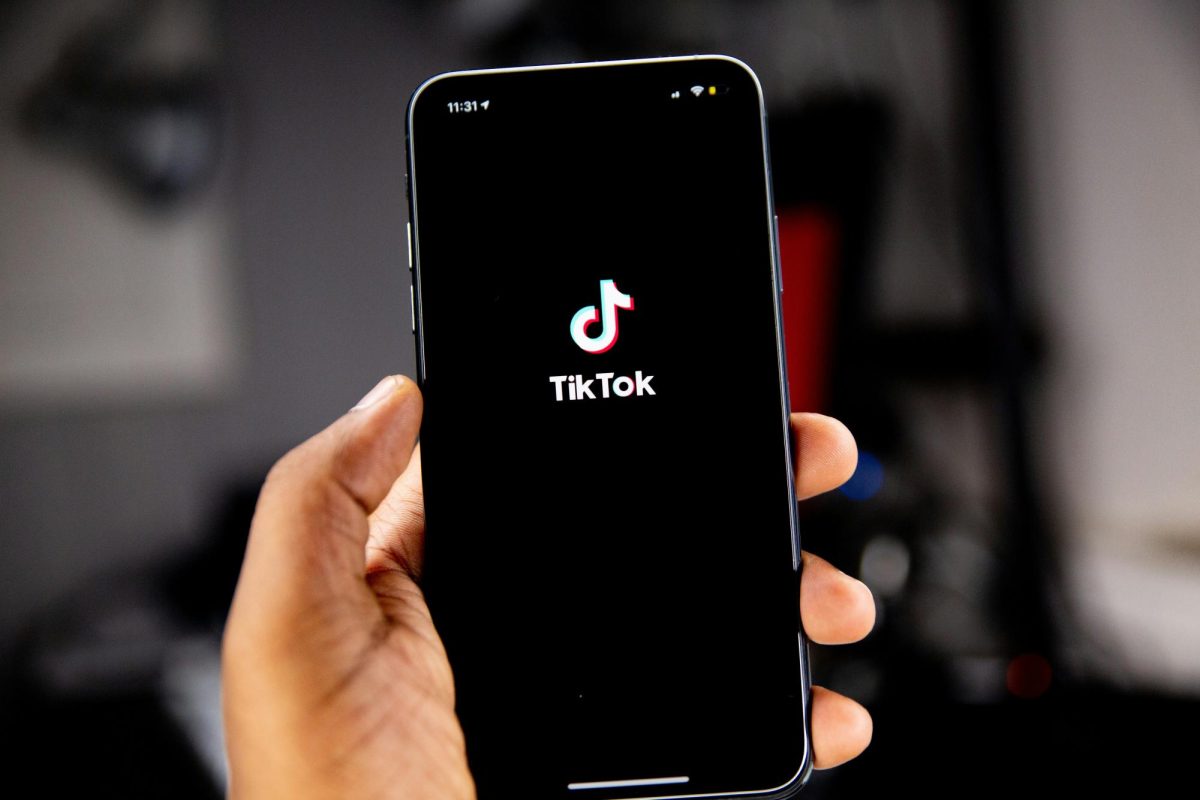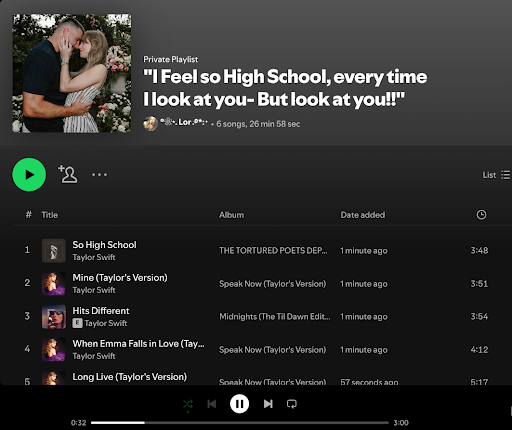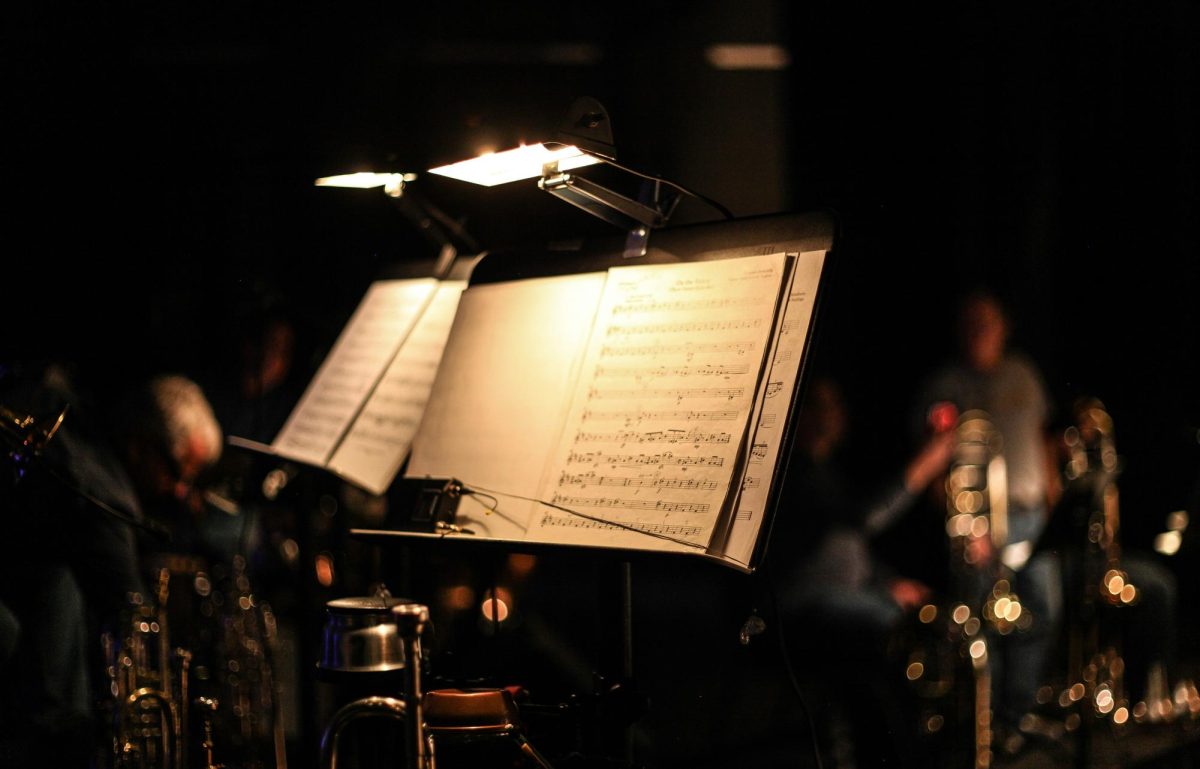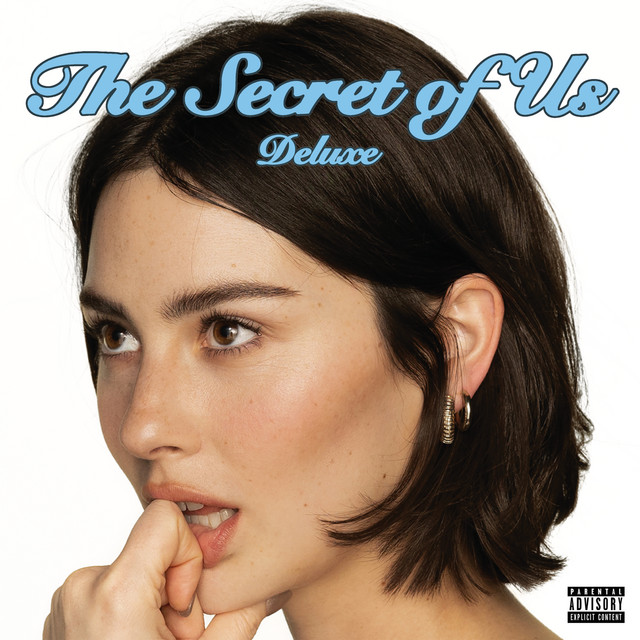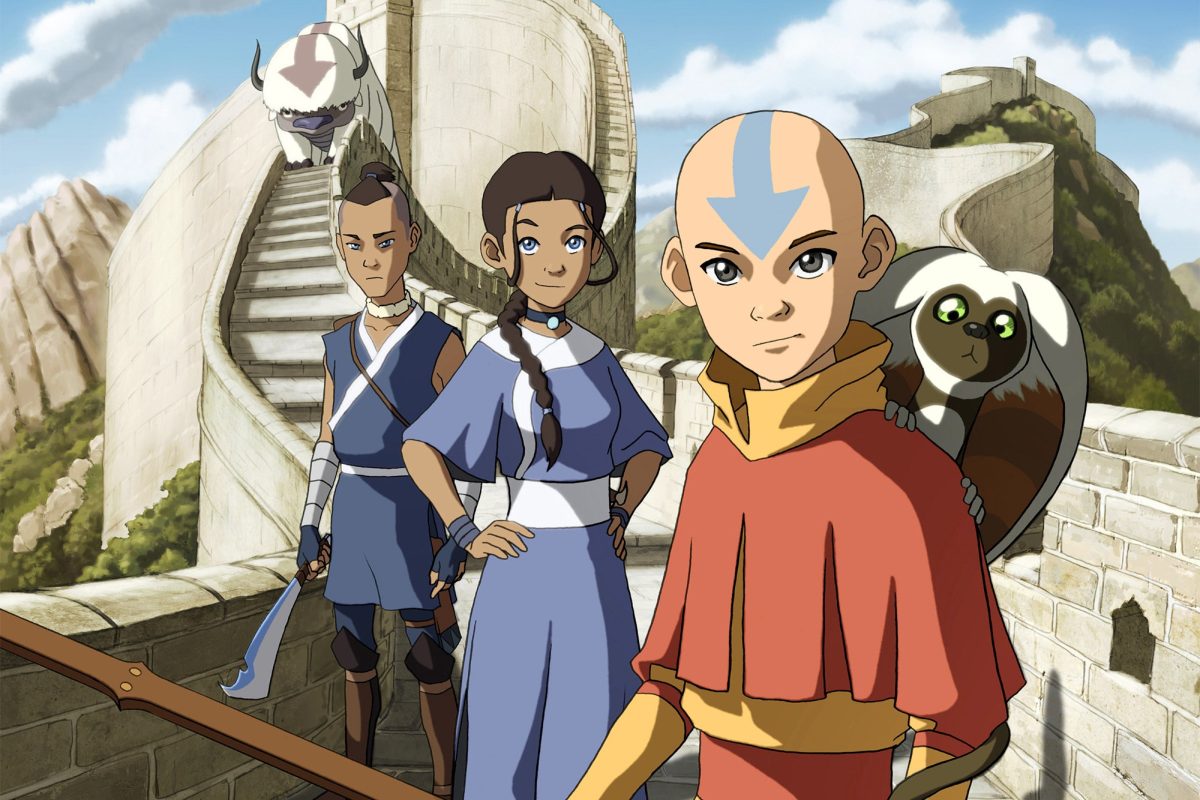America is built on rights and freedoms. The freedom of speech, freedom of religion, the right to keep and bear arms, freedom of assembly, the right to one’s privacy—all of these are integral to the United States of America. People can enforce their right to privacy by going off the grid and living in trees.
But nobody ever talks about the other people, the people who enforce their right to privacy by allowing their information to be stolen.
The talk of a TikTok ban has circulated since President Trump’s initial mention back in 2020. Since then, people have continued to download the app causing TikTok to grow over 20%. Therefore, it is safe to assume that people regarded the risk of TikTok against their security, and continued anyway.
“[The American people] have the right to be idiots!” says Mr. Sabel, current AP Literature and Composition teacher.
Do national security risks override one’s own personal rights?
“That is the pattern of this modern government, where they are trying to keep away the rights of many things,” Sabel said. “For more information, read 1984.”
Mr. Rosinbum, who teaches AP United States History and AP European History, had a different take. “Two thoughts that I have—one: the security concerns are relatively legitimate.” He discussed user data, and rightfully raised questions of what is happening with that data. “I think we would have a lot of concerns if the federal government had access to that kind of data through TikTok, and so it’s more of a concern that a foreign nation does.” Rosinbum’s response especially makes sense considering his insight into US history. National security rose above personal rights following the 9/11 attacks and a similar trend has continued since.
“My second thought,” Rosinbum said, “is I think it is a bad idea.” Banning TikTok is simply not an effective way to concentrate efforts on security concerns. Rosinbum added, “It is interesting that many of the people who voted for the ban also joined TikTok when running their campaigns.”
Regardless, the time has come, and the TikTok ban is upon the US.
Sara Spangler, a senior here at Ridge, said, “I spent four hours on TikTok on a daily basis…What am I going to do with those four hours now?!”
However, TikTok users should not fear. There is another app promising to continue the trend of shortening attention spans with short form content, as well as bringing about the other beloved aspects of social media—RedNote. RedNote, also known as Little Red Book, also known as Xiaohongshu, combines the Instagram profile, the Pinterest grid feed, and the TikTok short videos all into one app. The app was launched into US popularity after TikTok videos promoted it as a new alternative way to have a TikTok adjacent experience.
As well, for those disgruntled TikTok users, this is a great way to stick it to the government, as the app is directly owned and operated by a Chinese company. That’s right, not just your everyday Chinese parent company but an actual Chinese company owns and operates RedNote.
If you want your data to be stolen, that is your right!
And on January 18th around 8PM, calamity struck.
A message popped up on the app: “Sorry, TikTok isn’t available right now.”
No amount of refreshing or closing and reopening would fix the app.
RedNote downloads skyrocketed.
However, prayers were answered and TikTok was back in use in the US, albeit in significantly lower quality. RedNote downloads have still been on the rise, with the blatant shock of losing TikTok once yet to have worn off.
The ban still takes effect in other forms, such as purchasability forcibly removed for US residents. For senior Tejas Sahni, this was eye opening.
“Deleting TikTok was really weird because I thought I wouldn’t be addicted, but the moment everyone got it back, I couldn’t stop thinking about it. I even paid for a VPN to get it back even when I told everyone I didn’t care that much. I didn’t realize how much space in my life it took up.”
Mr. Rosinbum is wary. “So if we are going to ban TikTok, we are probably going to ban [RedNote] too.”
The TikTok ban serves as a reminder of the resilience of the American people. Where this is a will, there is a way.


